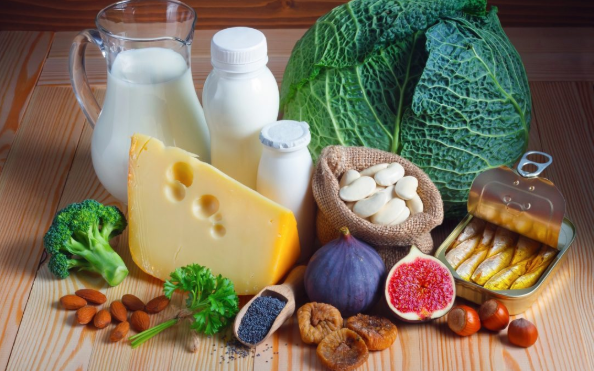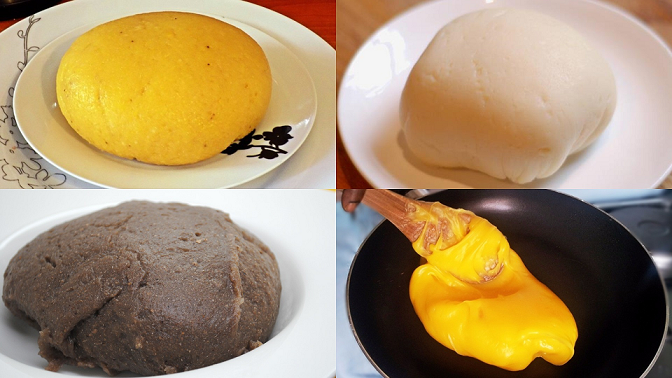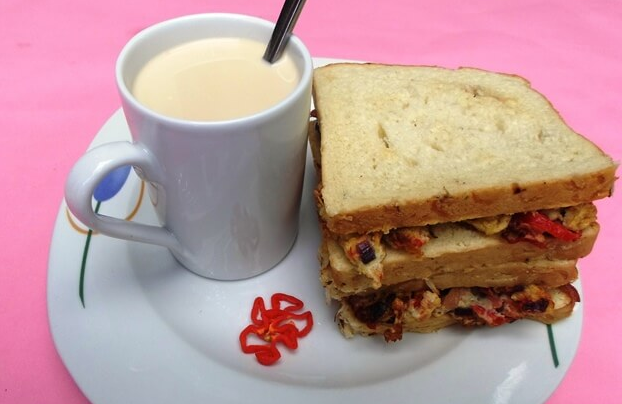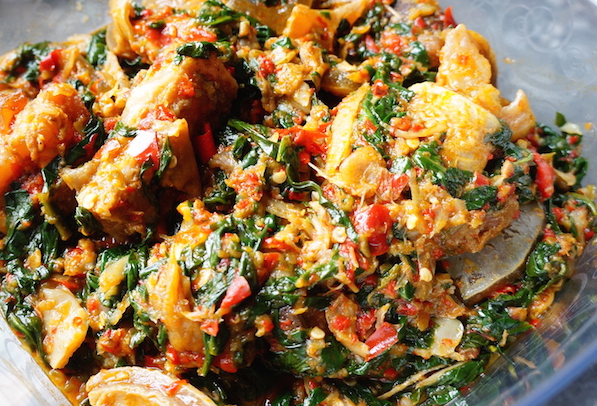Majority of your body’s basic functions are controlled by calcium. From circulating blood to moving your muscles and releasing hormones, calcium plays a vital role in your body. When your brain needs to carry messages to other parts of your body, calcium is the go-to courier.
A major part of the health of your tooth and both relies on calcium. It makes your bones strong and dense. Interestingly, almost all of the calcium in our body is found in the bones. Your bones are the natural habitat of calcium. All the calcium reserves are stored there. The minute your body starts to sense not enough calcium in your diet, it begins to take it away from your bones. This makes the bones weaker and puts you at a higher risk for fracture which ultimately leads to a health condition known as Osteoporosis.
Because your body doesn’t provide calcium, you have to rely on your diet to get the calcium you need. While focusing on a calcium rich diet, you should know that your body needs vitamin D in order to absorb calcium. This means you won’t fully benefit from a calcium-rich diet if you ignore vitamin D.
If you’re a woman, you should consider having calcium-rich diets. It is known that there are changes in a woman’s emotions, physical health, and behaviour during certain days of the menstrual cycle, generally just before her menses. Studies have shown that calcium may ease the symptoms of premenstrual syndrome (PMS), a very common condition that affects up to 85 percent menstruating women.
Although dairy products like milk, cheese and yoghurt are the main foods rich in calcium, there are many non-dairy sources that are high in this mineral. These include seafood, leafy greens, legumes and various foods that are fortified with calcium.
Some Nigerian Foods That Are Rich in Calcium
In no particular order, here are some Nigerian foods that are rich in calcium which you can include in your diet.

Cheese
Most cheeses are excellent sources of calcium. Parmesan cheese contains 331 mg of calcium per 28 grams. Hard cheeses are naturally low in lactose, making it easier for people with lactose intolerance to digest. Consuming cheese may have additional health benefits.
A study suggests that it may lower the risk of heart disease. However, keep in mind that full-fat cheese is also high in fat and calories. Snacking on the local Nigerian cheese is a great way to include calcium in your diet. The amazing part is that, it is cheap and readily available.
Yoghurt
Plain yoghurt, Greek yoghurt, low-fat yoghurt, full-fat yoghurt, sweetened yoghurt, any type of yogurt you settle for will give you calcium. Yogurt is an excellent source of calcium. Many of these yoghurt types are also rich in live probiotic bacteria which are good or helpful bacteria because they help keep your gut healthy.
Low-fat yogurts are higher in calcium. While Greek yogurt is a great way to get extra protein in your diet, it delivers less calcium than regular yogurt. Serve plain yogurt with fresh fruit as a dessert or snack.
Sardines and sea foods
Dairy are not the only sources of calcium, there are animal sources of the bone-boosting mineral, particularly seafood, such as oysters, soft-shell crabs, and fish containing bones.
Thanks to their edible bones, sardines and canned salmon are great sources of calcium.
Canned fish is not only a useful store cupboard addition; it increases your calcium intake too. Add sardine to your pasta, toast or salad.
Almonds
Almonds can help you get your calcium on! Of all nuts, almonds are among the highest in calcium with 100g of almonds containing 264 mg of calcium. Not only do almonds contain calcium, they also deliver a whole host of nutrients—fibres, manganese, vitamin E that help build a healthy lifestyle.
Milk
Readily available, milk is one of the best and cheapest calcium sources you can get in Nigeria. Additionally, milk is a good source of protein, vitamin A and vitamin D. Milk-based drinks such as malted milk, hot chocolate or milkshakes also count. You can drink milk on its own or pair with a cereal. Oat porridge made with milk is a good breakfast option.
White beans
White beans have been shown to contain higher levels of calcium than dark beans. They also hold potassium, folate, vitamin C, and non-heme iron. The black eyed peas is a popular type of white beans in Nigeria.
Egg
90.5% of the nutrient in the egg yolk is calcium. Eating egg yolks enhances your body’s ability to absorb calcium from calcium-rich foods. Eggshells are a rich source of calcium carbonate, a form of calcium commonly found in dietary supplements. A single egg white also offers 2.3 mg of calcium. Small amounts of vitamin D are found in eggs.
Nuts
Certain nuts and seeds are a good source of calcium and they’re easy to incorporate into your diet, too. For a delicious dressing, simply add few nuts to your cereal, cakes, pastries, yoghurt and milkshake.
Leafy vegetables
Dark, leafy greens are incredibly healthy, and some of them are high in calcium. You should know that some vegetables are high in oxalates, a naturally occurring compound that binds to calcium, making some of it unavailable to your body. Spinach is one of them. Eating a variety of fruit and vegetables is important for good health. Parsley, okra, green beans and podded peas have high calcium content.
Soy milk
Soy milk is a popular milk alternative for vegans and people who are lactose intolerant. Since it comes from plants, it is naturally free of cholesterol, low in saturated fat, and contains absolutely no lactose. When fortified, soybeans and soy milk are a good source of calcium. Soy milk has just as much calcium as dairy milk. Some persons use a combination of soybeans and millet for fura.
Calcium is essential to your overall health. You can get the calcium you need from many different foods, and if necessary, from supplements. Calcium works together with other nutrients such as vitamin D, so it is important keep up a balanced diet.



Noted